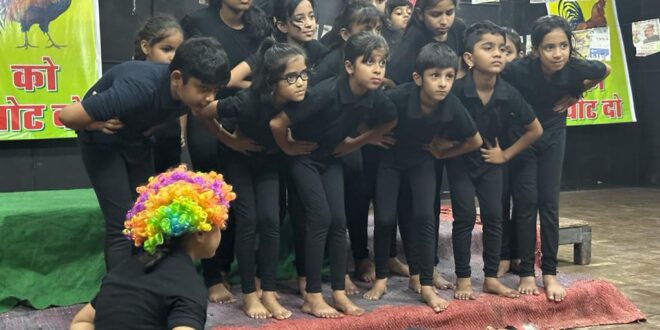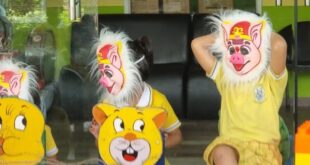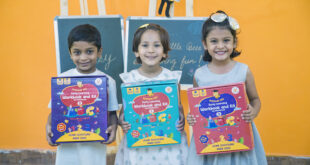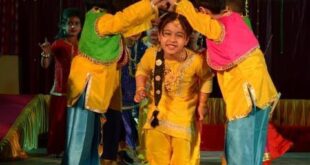Introduction
This is in continuation to our article , Creative Drama Theories And Improvised Curriculum : Part -I. This part focuses on further insights about various theories and how creative drama can be included in the curriculum. The thoughts presented here are based on the research work of Dr. Ritu Dak. The narrative is presented by Dr Ritu herself. Let’s take a deep dive into this interesting and useful information.
“In the realm of preschool education, a journey unfolded as I embarked on a research exploration to understand the transformative power of creative drama. The spark ignited when I observed the enchanting magic that creative drama brought to the learning environment. Intrigued by its effects, I delved into the depths of this uncharted territory to unravel the intricate ways in which drama could enhance early childhood education.” narrates Ritu.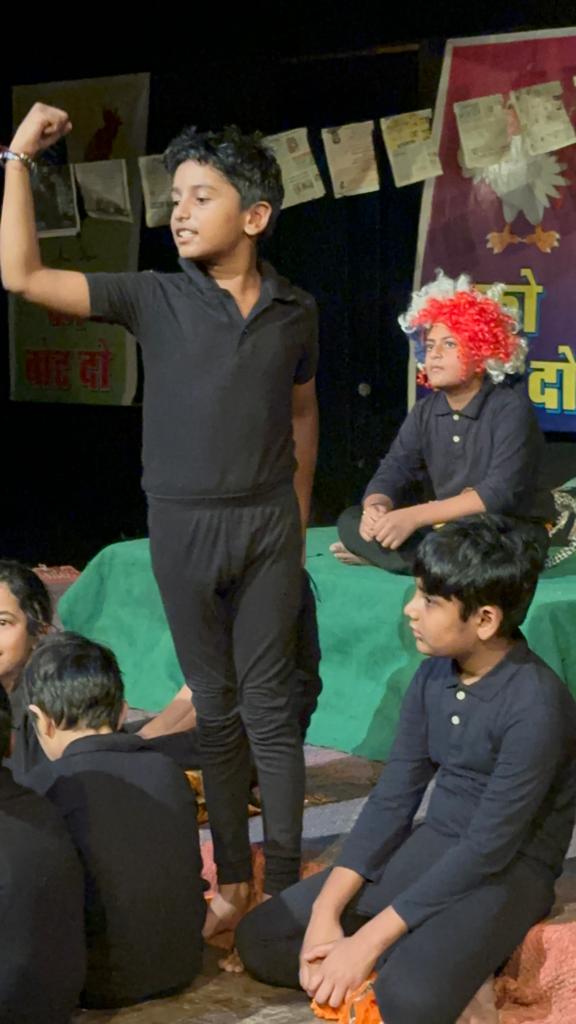
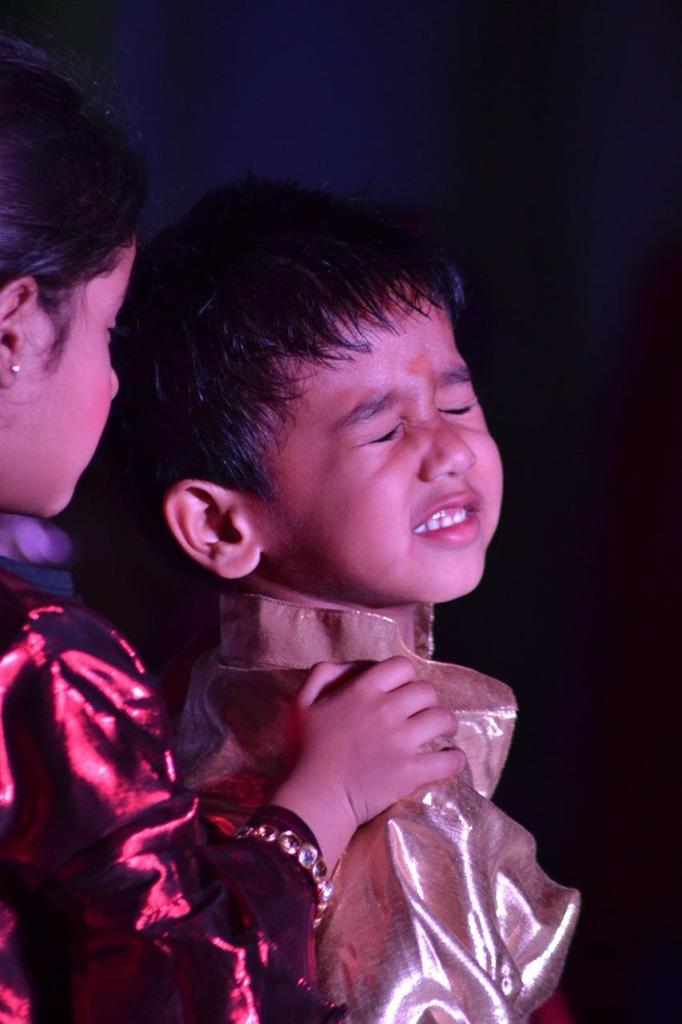
Integration of Various Drama Theories’
The quest for understanding took a pivotal turn when I attended an international seminar focused on equipping educational facilitators with inclusive strategies. It was here that the groundwork for my research was laid. Drawing inspiration from the theories of Jean Ayer, specifically sensorial development theory, I saw the potential to weave a tapestry that intertwined Viola Spolin’s improvised theatre and Bronfenbrenner’s Ecological theory. These theories collectively formed the foundation for the improvised curriculum that would soon take shape.
Jean Ayer’s sensory integration theory emerged as a cornerstone, emphasizing the significance of sensory and perceptual-motor development before delving into cognitive growth. The groundwork, therefore, was divided into two primary pillars:
1. sensory-motor development
Sensory-motor development unfolded as a fascinating exploration into postural security, bilateral coordination, motor planning (Praxis), and understanding one’s body scheme. These components, I discovered, were the bedrock upon which academic learning could thrive.
2. perceptual-motor development.
In parallel, perceptual-motor development came to the forefront, delving into eye-hand coordination, ocular motor control, auditory language skills, and visual spatial perception. Each of these facets was identified as a crucial precursor to the cognitive journey that awaited these young minds.
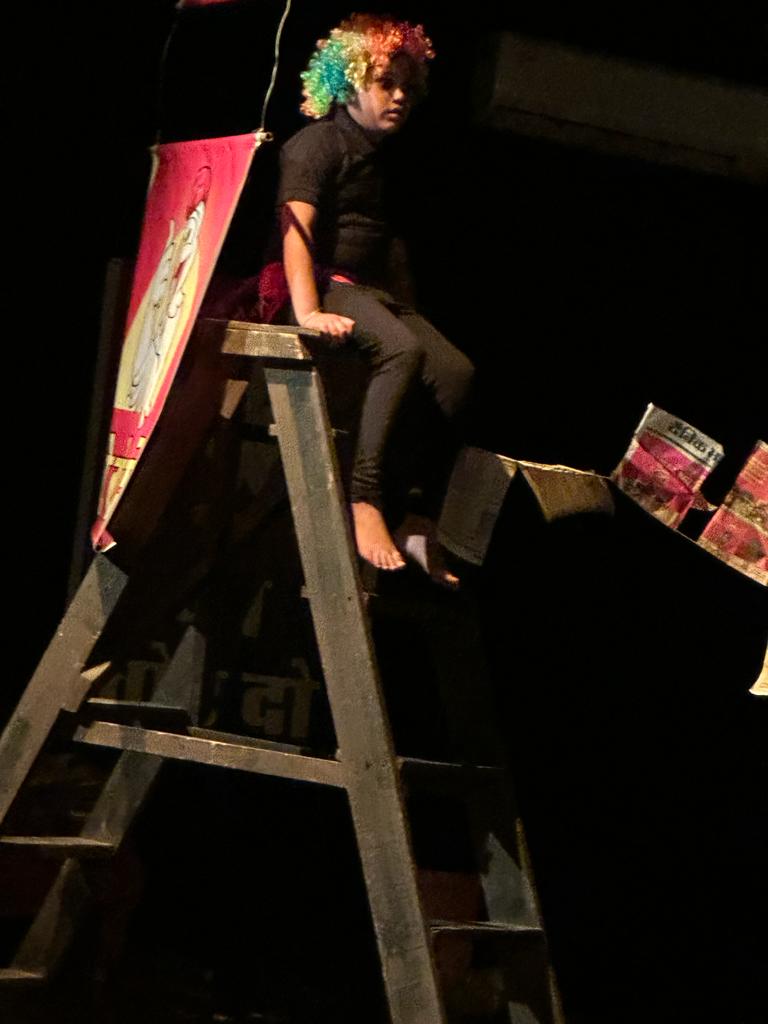
Improvised Curriculum
The research concluded into a comprehensive understanding that the base of learning rested on the development of not only the five senses but also the two hidden senses: vestibular and proprioceptive. The curriculum, a product of this synthesis, was meticulously crafted to address each developmental aspect intricately.
This curriculum, designed after extensive research, took the form of a progressive journey categorised into,
“Me,”
“Me and You,” and
“Me and All.”
The essence was to nurture not only cognitive skills but also values, coordination, cooperation, and imaginative problem-solving abilities.
1) Me: Focusses on : Movement and Balance
Body and Space awareness ie proprioceptive and vestibular development. Sensorial development. Speech and memory
2)Me and You : This focuses on the values required for better living. Trust, Coordination, Cooperation, and Listening skills
3)Me and All: This helps in better Observation Team work Imagination and Creativity Problem solving Expression
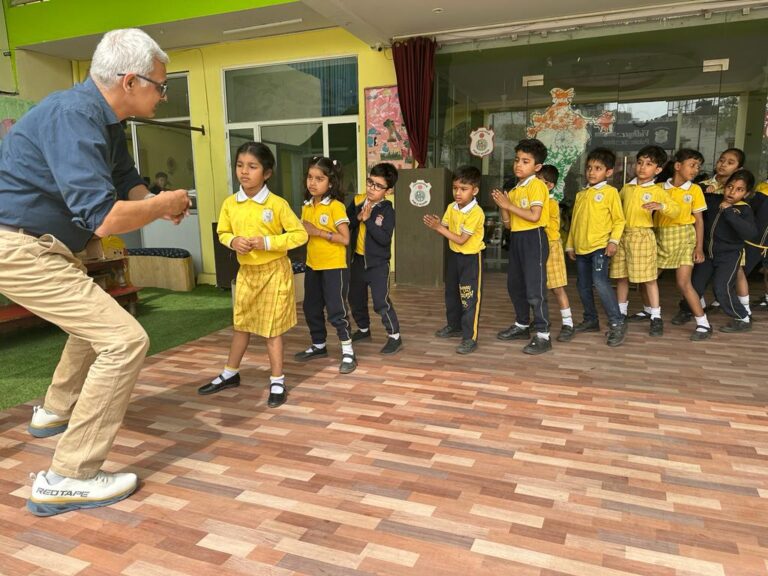
Creative Drama Basics
All this was taught using Creative Drama. The exercises begin with movement and keep building according to the needs of the group. Working on their body control, reflexes, listening etc. These activities later help the child in reading, writing and conceptualising.
These activities alone are never enough, the other two equally important factors are-
1) the facilitator or the guide 2) the atmosphere in which the activities are being conducted.
It is the freedom and focus during the drama sessions which help the child to get involved and be his/ her true self.
Discipline is not forced upon and it becomes part of the child. The sessions kept the self-esteem of the child high, as there is no right or wrong.
The confidence so acquired spills over to other areas of personality of the child, the more the child gets unconditioned, the more he/she becomes part of learning. The child in this process is no longer a spectator viewing learning as an outsider. It involves the child not just physically but also emotionally and mentally. As the guide helps the child to be focused, is non judge mental, keeps the child on track as the child takes the final step of discovering and finds that brimming joy and sense of achievement.
This is Preschool Education. Believes Ritu.
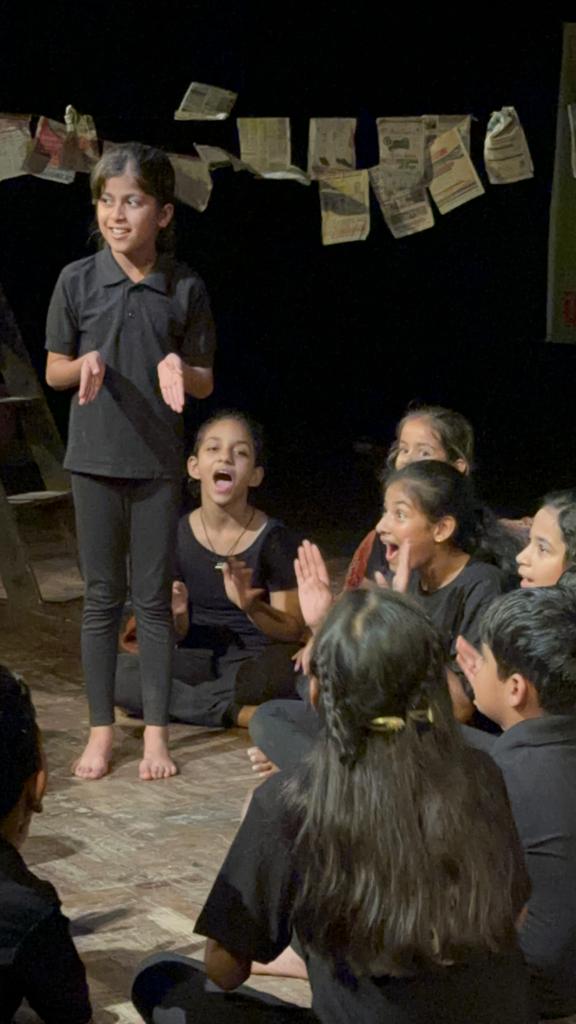
Power of Expression
Creative drama emerged as the channel through which these developmental activities were imparted. The curriculum aimed not just to educate but to elevate the child emotionally, mentally, and physically. As the child transitioned from being a spectator to an active participant, the transformative power of unconditioned learning became evident.
In the final act of this research narrative, I compared the children’s journey to that of caterpillars transforming into butterflies. With newfound wings, these young learners were ready to soar into the realms of education and self-discovery, embodying the essence of a curriculum that went beyond textbooks and embraced the magic of creative drama in preschool education.
In summary, this integrated approach to education, combining drama theories, sensorial development, and ecological theories, creates a rich and comprehensive curriculum that not only addresses cognitive learning but also nurtures the foundational aspects essential for a child’s holistic development. The emphasis on unconditioned learning fosters confidence and a sense of achievement.
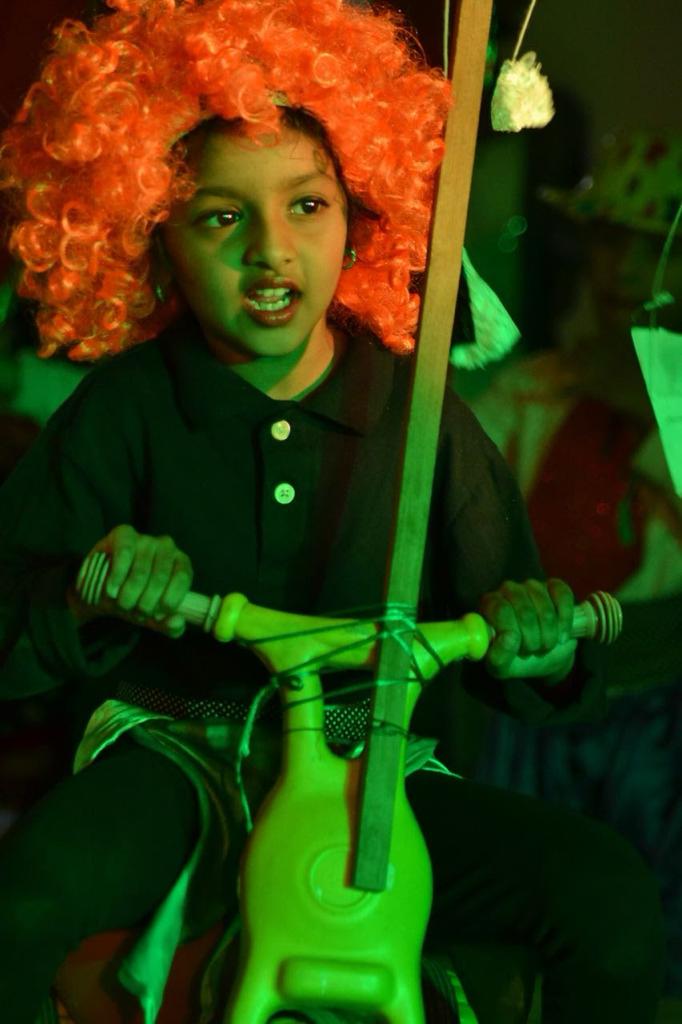
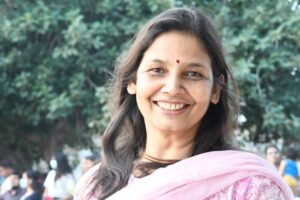
If you are an educator and would like to develop a similar strategy for the young minds, you may reach out to Ritu Dak.
Dr. Ritu Dak is Principal Vidhyashram Public School Bani Park Jaipur. Firmly believes in providing a safe and secure space to children to blossom. Tendering with love and care she helps children to connect with the world with all the goodness and infinite capabilities within their own selves.
An ardent traveller who strongly believes that travel is learning. Dr Ritu can be reached at :-
Email :- dakritu@yahoo.com
Instagram:-https://www.instagram.com/invites/contact/?i=1ra2aipkf9phs&utm_content=mfsjhg3
Fb:- https://www.facebook.com/vidhyashrampublicschool
Linkedin:- https://www.linkedin.com/in/ritu-dak-187171204

